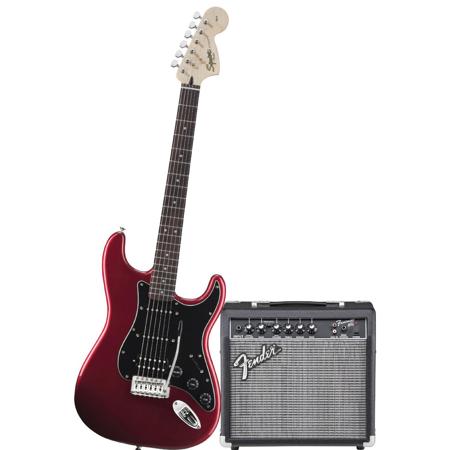Music lessons are great for building self-confidence and improve essential skills such as coordination, concentration, or visualization. The ideal time to have your child’s very first musical experience will likely depend on their age; Here are some ideas about what you could want to consider to do in that situation.
Consider enrolling your child in an after school program. They’ll learn about how music composition can be accomplished by playing instruments, such as a piano. If they are five years old, this could enable you to teach them the alphabet. Another possibility is playing guitar, which could lead to addiction before.

The piano is a fantastic choice when it comes to how long a child can remain still. Another important factor to consider is what instrument they start with? For youngsters who are as young as 5 years of age who want to begin with musical instruments such as drums or guitars; this might not be feasible due to their tiny requirements for size that go along when they learn these skills on their own without any guidance from adults aside from them. To ensure that any beginning, musician inclusively planning lessons ahead into adulthood to achieve success and become more accomplished over time than short-lived frenzies characterized mostly by frustration.
When it comes to playing the piano, there are no any guessing games. You are aware of where every note is and which way they’ll go due to the way the music instrument, from the keys (which is all visible quite easily) through your hands into arm extension positions; every thing has been thought of carefully to ensure that even someone who has never played before will not have trouble keeping up as you play.
Piano is a wonderful instrument to get started with and then move to another after one year or more. It’s an excellent way to learn basic music skills, which can be applied to other instruments, like the violin. For younger players, it may be difficult to possess enough understanding to know how the viola functions. It requires patience and extra practice when learning techniques such as tuning forks, etc. Keyboards require only your fingers (or claws).
Good habits take time to learn. But, it’s essential that these are learned correctly , rather than being started off with no base or any technique whatsoever which could result in an arduous path later on should things go wrong. it may not be feasible for certain children that require additional support early in life because their natural abilities are rare. This makes me think twice about having children again.
The violin is very physically demanding and difficult for kids. You’ll require plenty of muscle mass in one hand as well as a lot of flexibility to be able play this instrument with no discomfort. This is especially important when you are a child who is still growing their muscles. Brass instruments such as trumpets or horns aren’t typically considered suitable due to the difficulty associated with holding onto them plus there’s always risk involved if something happened while playing which could have long-lasting consequences.
While piano lessons may work well for young children However, it’s important to realize that students of a certain age may have different learning styles. It’s essential for kids to enjoy music so it can help them get a great deal out of musical learning games as well however, these progression rates may seem slow at first glance since kids grow up too quickly today.
For more information, click squire affinity strat